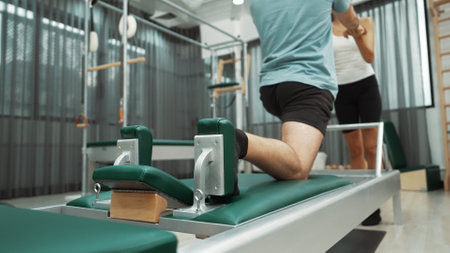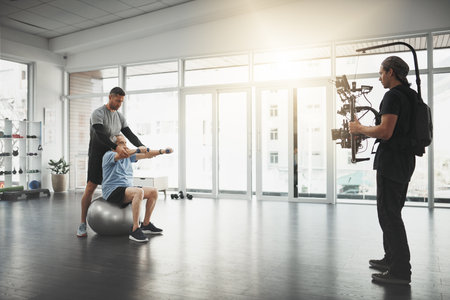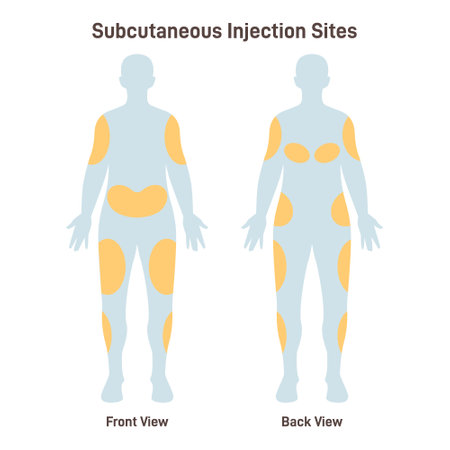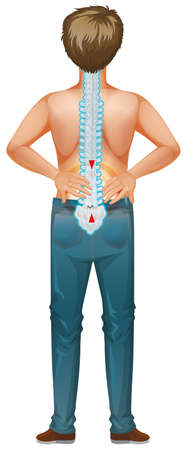Involving Schools in the Rehabilitation Process: Paediatric Physiotherapy in the Educational Setting
Introduction: The Rationale for School InvolvementIn the context of paediatric physiotherapy, the involvement of schools is increasingly recognised as essential for achieving holistic rehabilitation outcomes. Schools are not only places of academic learning but also environments where children develop social skills, independence, and a sense of belonging. Integrating physiotherapy into the educational setting allows therapists…







